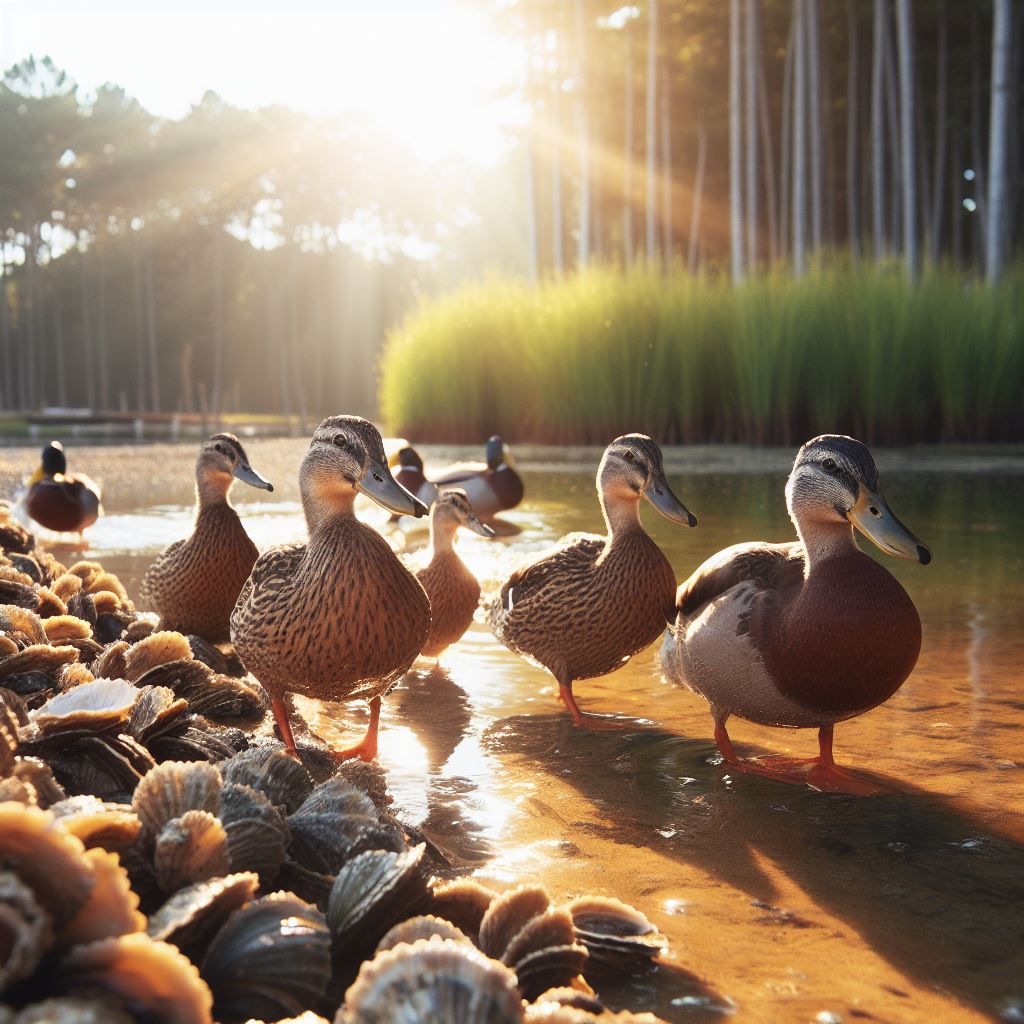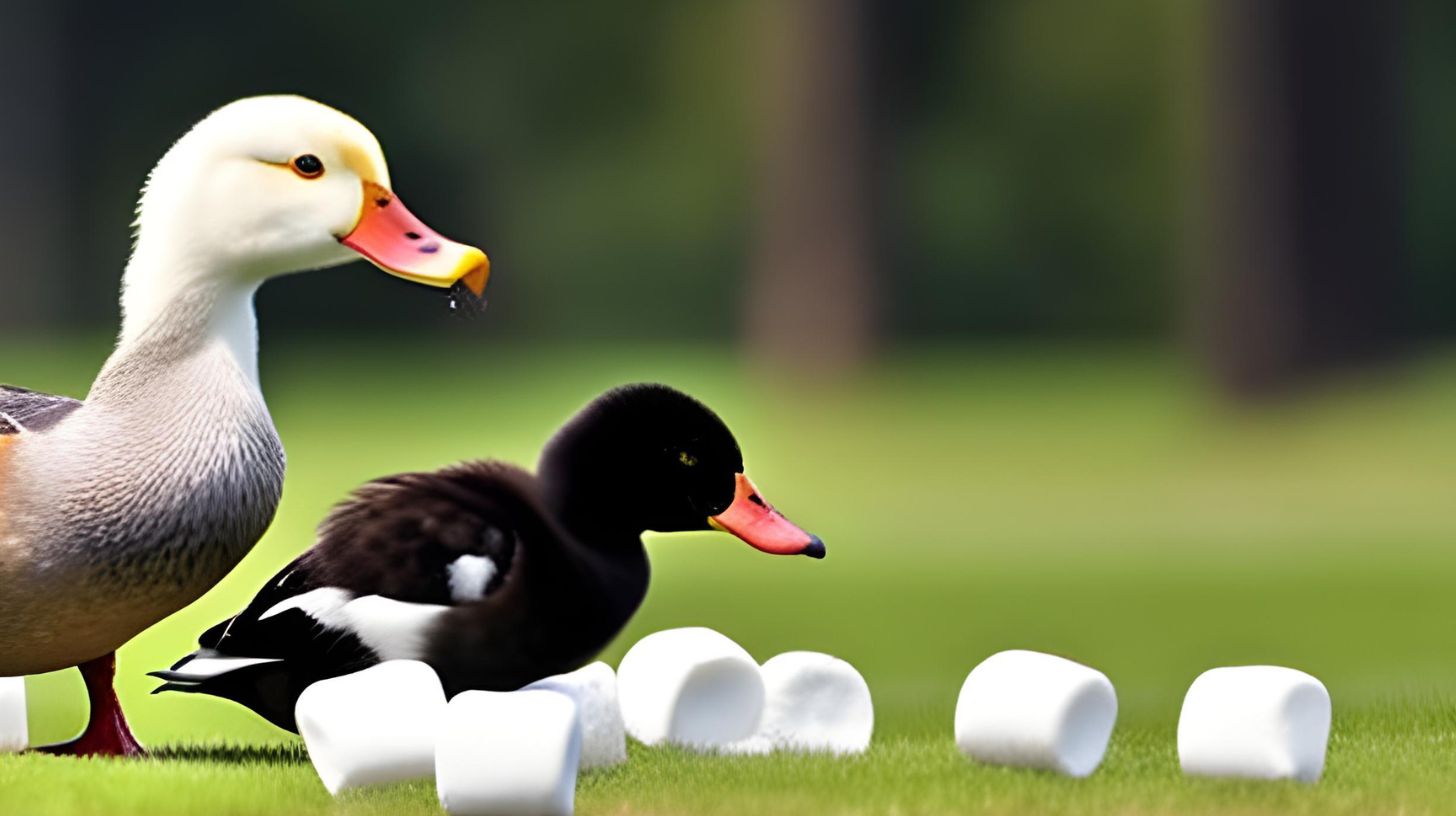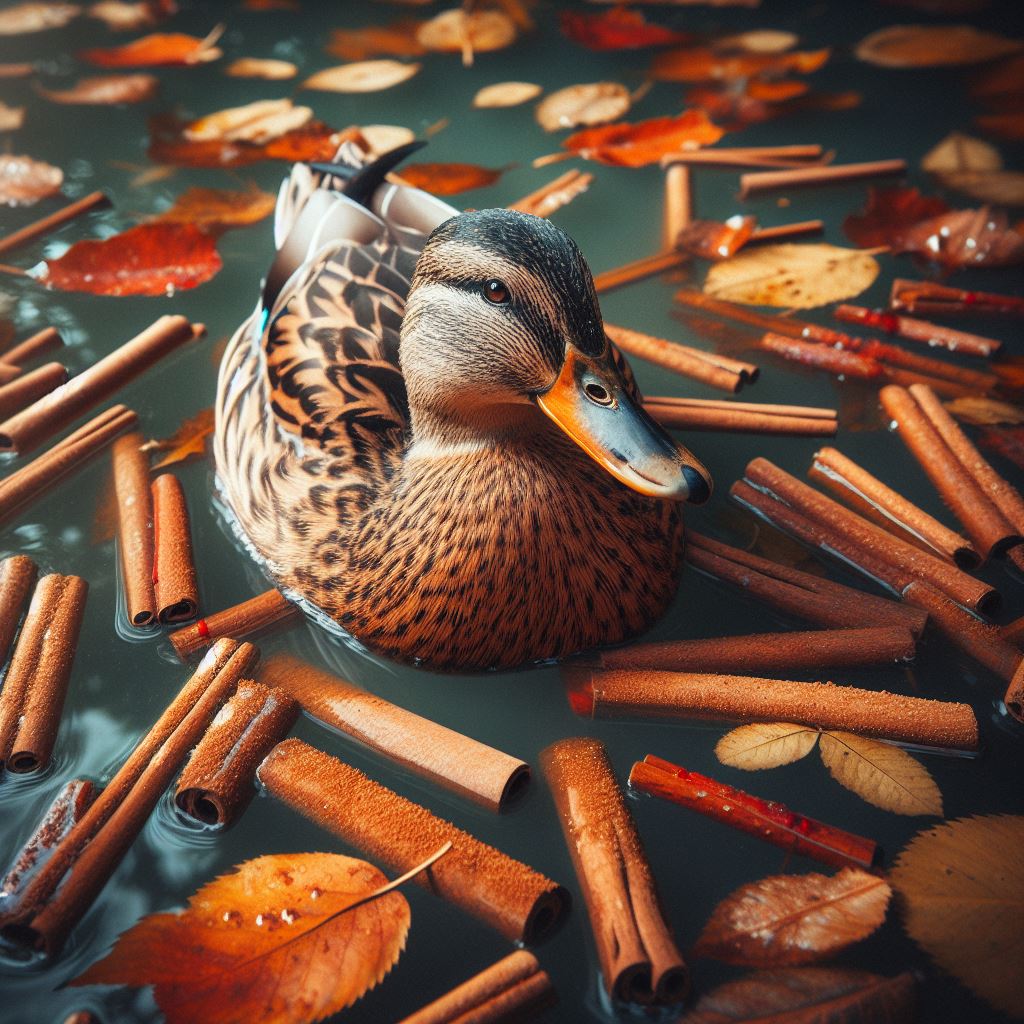Can Ducks Eat Tuna?

Table of content:
Ducks eating tuna is a common sight at many parks and ponds. People enjoy feeding ducks and often offer them leftovers like bread, crackers or tuna. But is tuna actually a healthy food for ducks? Can ducks eat tuna safely or are there risks?
Is Tuna Healthy for Ducks?
Tuna is a very nutritious fish that is high in protein, healthy fats and important vitamins and minerals. Some key nutrients ducks can get from tuna include:
- Protein – Building block for growth and repair.
- Omega-3 Fatty Acids – Important for brain and heart health.
- Vitamin B12 – Needed for energy metabolism.
- Niacin – Supports enzyme function.
- Selenium – Boosts immune system and thyroid function.
Due to this stellar nutrition profile, tuna can be a healthy supplemental food for ducks. The omega-3s in particular support overall duck health. Both fresh or canned tuna offer similar benefits.
Concerns With Feeding Ducks Tuna
While tuna is nutritious, there are some potential downsides to consider when feeding it to ducks:
Choking Hazard
Tuna contains many small bones that could pose a choking hazard or internal puncture risk to ducks. Ducks don’t chew their food as thoroughly as some animals. For safety, it’s best to remove all bones and cut the tuna into bite-size portions before feeding ducks.
High Sodium
Canned tuna usually contains added salt and oil for flavor and preservation. The high sodium levels may not be ideal for ducks long-term. Fresh tuna has much lower sodium if this is a concern.
Dependency on Humans
Feeding ducks people food often can lead them to become reliant on humans for food instead of foraging naturally. This could negatively impact their health and survival instincts. It’s best to limit tuna as an occasional supplemental treat.
Water Pollution
Feeding ducks near water can cause excess tuna waste to accumulate, polluting the waterway. Land feeding allows ducks to forage leftovers and reduces runoff issues.
Best Practices For Feeding Ducks Tuna
If you want to feed ducks tuna safely and responsibly, here are some best practices to follow:
- Remove all bones and cut into bite-size pieces. Minimize choking risk.
- Feed tuna in strict moderation along with their natural foods. Avoid excess calories.
- Choose fresh or low-sodium canned tuna when possible. Limit sodium intake.
- Feed ducks on land away from water if possible to reduce pollution.
- Rinse canned tuna to remove excess oils. Oil residue can harm aquatic life.
- Avoid feeding ducklings tuna until 3 months old due to choking risk. Stick to starter feed.
- Don’t throw out old moldy tuna. It could make ducks very sick if consumed.
Following these tips will allow you to safely feed tuna as an occasional supplemental treat while still encouraging natural foraging behaviors. Moderation is key.
Can Specific Duck Breeds Eat Tuna?
The most common pet duck breeds like the Pekin or Call duck can all safely eat tuna prepared properly. Tuna offers health benefits to all duck breeds. Mallard ducks, wild ducks and domestic duck breeds don’t differ significantly in their ability to digest tuna.
Some key duck breeds and their ability to consume tuna include:
- Pekin – The most popular domestic duck breed. Pekins can safely eat tuna in moderation.
- Mallard – The wild duck species found worldwide. Mallards can eat tuna as part of their variable diet.
- Muscovy – A large domestic duck breed. Muscovies can eat tuna as a supplemental food.
- Indian Runner – A lean, lightweight duck breed. Runners enjoy small amounts of tuna.
- Call Duck – A miniature domestic duck. Call ducks can eat tuna chopped up due to their small size.
- Aylesbury – A duck breed developed for meat production. Aylesburys can be fed tuna as an occasional treat.
So in summary, all major pet and domestic duck breeds can consume tuna in small quantities when prepared properly and fed responsibly. Check with veterinarians for guidance on specific duck health conditions.
Are There Any Alternatives to Feeding Ducks Tuna?
If you want to supplement ducks’ diets with healthy foods but are concerned about tuna, here are some alternative human foods that ducks can safely eat:
- Chopped grapes or berries – Provides natural sugar and antioxidants.
- Oats or bird seed – Gives carbs, fiber and plant protein.
- Peas or corn – Additional plant-based protein and vitamins.
- Earthworms or mealworms – Natural source of protein and fat.
- Chopped leafy greens – Vitamin-rich and digestible.
These foods mimic items a duck might naturally forage in the wild. They provide variety and key nutrients for ducks’ dietary needs. Alternating different supplemental foods will help give ducks a diverse diet.
Conclusion: Can Ducks Eat Tuna?
Ducks can safely consume tuna in small quantities as an occasional supplemental treat. Tuna provides protein, omega-3s and other nutrients that offer health benefits to ducks. However, you must be sure to fully prepare the tuna properly to minimize risks, and feed tuna sparingly along with natural forage foods. Following responsible feeding practices, tuna can be part of a balanced, nutritious diet for domestic or wild ducks. Use common sense and always prioritize the duck’s best interest when deciding which people foods to share with our feathered friends.
Welcome. I’m Adreena Shanum, the proud owner of this website, and I am incredibly passionate about animals, especially poultry. I founded adreenapets.com as a labor of love, stemming from my desire to share my knowledge and experiences with poultry enthusiasts worldwide.




